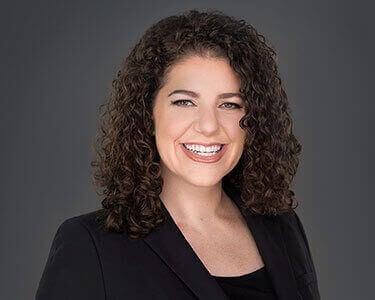Florida residents who follow the video gaming industry will likely know that several developers and publishers have been accused of allowing toxic work environments to flourish. An investigation into working conditions at Riot Games that was published in 2018 by the video game website Kotaku prompted two female workers to sue the company over alleged violations of California’s Equal Pay Act. Media reports on Dec. 12 state that Riot Games has agreed to pay $10 million to settle the lawsuit.
According to the reports, the money will be divided between about 10,000 women who work or worked at Riot Games. The two women who launched the workplace discrimination lawsuit will each receive $10,000. The rest of the women will receive compensation based on the work they performed for the company and the length of their employment. Full-time employees can expect to receive at least $2,500, and temporary workers will be paid at least $500.
In addition to writing checks, Riot Games has agreed to take steps to eliminate sexual harassment and gender discrimination. More resources will be allocated to training employees and investigating complaints, and the corporate culture is being remodeled to make it more transparent and welcoming. One step already taken by the company is the hiring of a female chief diversity officer. An attorney representing the women who filed the lawsuit referred to the changes as “significant.”
The kind of allegations made by the women who took action against Riot Games can severely tarnish corporate reputations and prompt consumers to take their business elsewhere, and allowing these matters to be litigated in open court could make a bad situation for employers even worse. Attorneys with employment law experience may mention settlements like this one to employers when they seek to resolve harassment and discrimination claims at the negotiating table.

